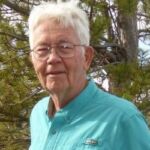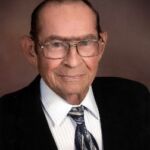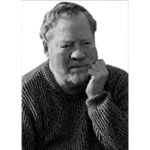PLT: A Multi-Modal Therapy – Paul Hansen (Is.12)
by Paul Hansen, B.A., M.Div., Ph.D.
 Over the years there has been much discussion about the basic philosophy of Past-life Therapy, what it is and what it should or can be. Is Past-life Therapy a therapeutic modality, a spiritual discipline, some combination of these or something else? Some of APRT’s senior members, Ron Jue, Roger Woolger, Hazel Denning, and Winafred Lucas have done much to help shape the philosophy of APRT and its members at this time.
Over the years there has been much discussion about the basic philosophy of Past-life Therapy, what it is and what it should or can be. Is Past-life Therapy a therapeutic modality, a spiritual discipline, some combination of these or something else? Some of APRT’s senior members, Ron Jue, Roger Woolger, Hazel Denning, and Winafred Lucas have done much to help shape the philosophy of APRT and its members at this time.
Certainly, Dr. Lucas’ monumental work in her two volume Regression Therapy: A Handbook For Professionals will provide a substantial foundation for Past-life Therapy for many years to come. I wish to join the long line of those who congratulate her on her … Read the rest






